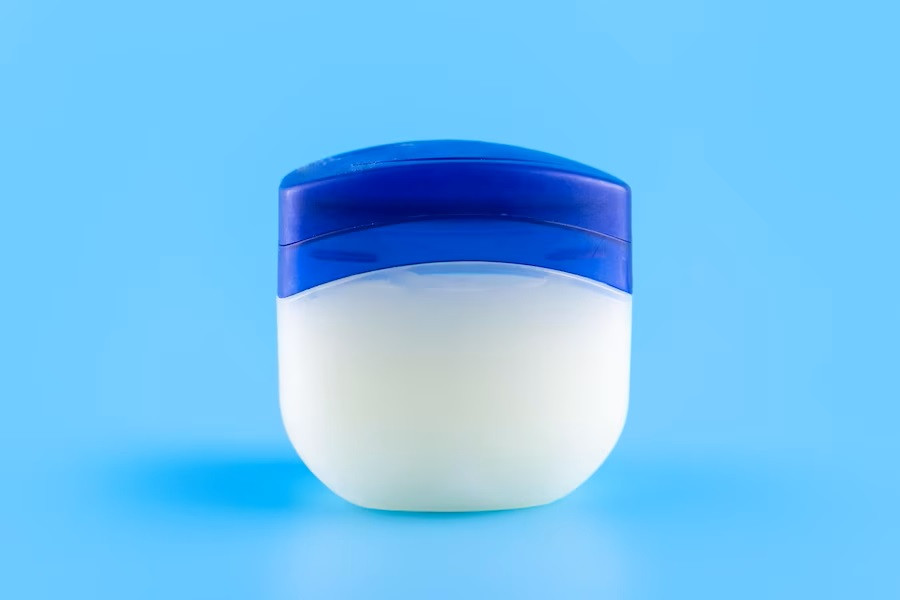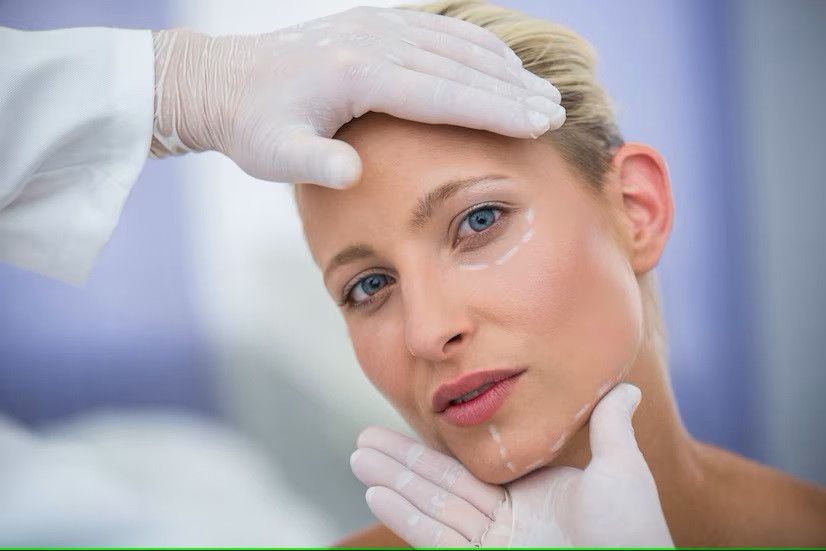Stress is a natural bodily response to situations that are perceived as threatening or difficult. This response may be physical, emotional, or psychological. When you are in a stressful situation, your body releases stress hormones such as adrenaline and cortisol to prepare for it.
Why does stress affect the face?
Stress can have a negative impact on the face, making it appear older, for a variety of reasons, including:
Increased oil production
Cortisol is a stress hormone produced by the adrenal glands in response to both physical and emotional stress. Cortisol increases the activity of oil glands in the dermal layer of the skin. This causes an increase in the production of sebum (oil), which clogs pores, especially when combined with dead skin cells and dirt.
Slows skin cell turnover
Cortisol has various impacts on the body, including skin function. High cortisol levels can disrupt the normal skin cell turnover cycle. Skin cell turnover slows, and dead skin cells accumulate on the skin's surface. This makes the skin appear dull, rough, and unhealthy.
Affects the immune system and skin
Stress causes the body to release hormones like cortisol and adrenaline, which suppress the immune response. This weakened immune response makes the body more vulnerable to bacterial, viral, and fungal infections that harm skin health.Weakened immunity can lead to an imbalance of bacteria in the gut and skin.When this imbalance occurs, the skin becomes more susceptible to reddish rashes.Chronic stress also causes chronic inflammation in the body, which can exacerbate skin conditions like acne, eczema, and psoriasis.
Reduced skin elasticity
Stress has a significant effect on skin elasticity. Changes in skin proteins such as collagen and elastin cause loss of suppleness and elasticity, increasing the likelihood of facial wrinkle formation. Furthermore, common stress-related facial expressions like furrowing the brow or pursing the lips cause repetitive wrinkles in specific areas. Repetitive wrinkles promote the formation of long-term wrinkles.
Influence on skin barrier function
Stress affects skin barrier function, which is controlled by the stratum corneum, the skin's outermost layer. The stratum corneum is important in maintaining skin moisture because it contains proteins and lipids that form the skin barrier. If the stratum corneum's function is compromised, such as due to stress, the skin becomes dry and itchy.
Loss of stem cells that produce melanin
According to research, stress can affect sympathetic nerve activity, resulting in the loss of melanocyte-producing stem cells. As a result, any new hair that grows (such as on the brows) will lose its color and turn gray.
Stress is a normal part of life that cannot be avoided. However, stress can have a negative impact on your skin's health and appearance, so you must manage it effectively.
If you are having trouble managing stress, you can consult your doctor and seek further advice. If you need medical advice or consultation, you can either visit a doctor or make use of the consultation features that are available in the Ai Care application by downloading the Ai Care application from the App Store or Play Store.
Looking for more information about other diseases? Click here!
- Sean Edbert Lim, MBBS
Daniel Yetman (2020). What Are the Effects of Stress on Your Face?. Available from: https://www.healthline.com/health/stress-on-face
Eileen Bailey (2023). How stress can increase your biological age and how to reverse it. Available from: https://www.medicalnewstoday.com/articles/biological-age-is-increased-by-stress-and-restored-upon-recovery-emb
American Academy of Dermatology Association (2022). Feeling stressed? It can show in your skin, hair, and nails. Available from: https://www.aad.org/news/stress-shows-in-skin-hair-nails
Hedy Marks (2023). Effects of Stress on Your Skin. Available from: https://www.webmd.com/beauty/the-effects-of-stress-on-your-skin
Rachael Graubard, et al(2021). Stress and Skin: An Overview of Mind-Body Therapies as a Treatment Strategy in Dermatology. Available from: https://www.ncbi.nlm.nih.gov/pmc/articles/PMC8480446/
Meg Walters (2022). Boost Your Skin’s Regeneration Process for a Glowing, Vibrant Complexion. Available from: https://www.healthline.com/health/skin-regeneration
Zainab Mustafa, BSc (2022). How does Stress Affect Your Immune System?. Available from: https://www.news-medical.net/health/How-does-Stress-Affect-Your-Immune-System.aspx
Tessa Sawyers (2023). What Is the Stratum Corneum?. Available from: https://www.healthline.com/health/stratum-corneum
Elizabeth C. Hughes, et al(2024). Telogen Effluvium. Available from: https://www.ncbi.nlm.nih.gov/books/NBK430848/











